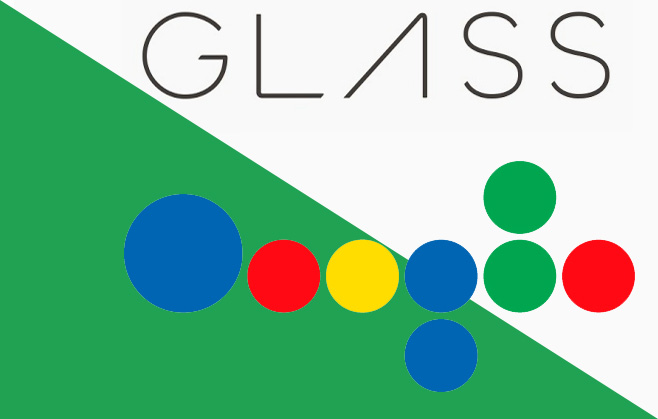
Fear of missing out? Google Glass goes on sale
When Google Glass eyewear went on sale last week for a 24-hour period, we at The Practice felt that slight tinge of missing out on a revolutionary product. With this in mind, we wanted to know, is it really worth the $1500 price tag, or is it worth waiting for future release dates?
Since late 2012, Google Glass has undoubtedly been the most hyped piece of wearable tech to hit the spotlight. With a touchpad, camera, LED illuminated display, tailored apps and voice recognition amongst many impressive features, it promised the user a new level in hands-free technology and augmented reality. Finally last Tuesday, fans were thrilled when Google announced a 24-hour sale of a few thousand of its beta models to the public. The lucky buyers, known as the first Google Glass “Explorers”, wasted no time in testing their new gadgets, and leaving a host of feedback across the web.
So just what do they think? If it’s any consolation, the consensus is that it’s better to wait for more developed models in future, especially as later generations are likely to be cheaper. Users have been disappointed so far by the fact that it seems “unfinished”, arguing that its lack of apps from third-party developers and Google itself renders the device less useful. Although Google has received criticism towards Glass, it is something they most likely expected, with developers aware that it really is still a work in progress. However, as a tactical move from the tech giant, it is clever, because it keeps product interest alive, and allows the “Explorers” to be guinea pigs, hopefully enabling worthwhile improvements to be made.
So what changes might Google enact? Already this week, Google is to appease iPhone users with an SMS for iPhone feature that shows messages at the line of vision, so Apple fans won’t need to rely on their smartphones- currently, Google Glass is only compatible with Android and so this addition will no doubt be popular with iPhone users. Secondly, a native Calendar app which keeps your agenda on the display, will also be introduced, allowing easier planning and navigation for users. And aside from benefitting ordinary users in future, Google might continue to go down the medical route, enabling doctors to provide more efficient medical practices. For instance, Google Glass has already been attributed to saving the life of one man suffering from a severe brain bleed. The man in question, who doctors were treating at the Beth Israel Deaconess hospital in Boston, failed to give an accurate medical history, including information on his current medication. However, through using Google Glass, doctors were able to access his precise data, enabling him to receive the correct and life-saving treatments. It’s clear that even if Google Glass isn’t currently the functional and user-friendly device users have imagined, it is already on its way to producing amazing results. Let’s just hope the finished product will be much more covetable by the public!
Will you be adding Google Glass to your future tech purchases? And do you think it will herald the revolution in wearable tech? We’d love to hear your thoughts as always, so please tweet to us @PracticeDigital and share your comments on our Facebook page.




